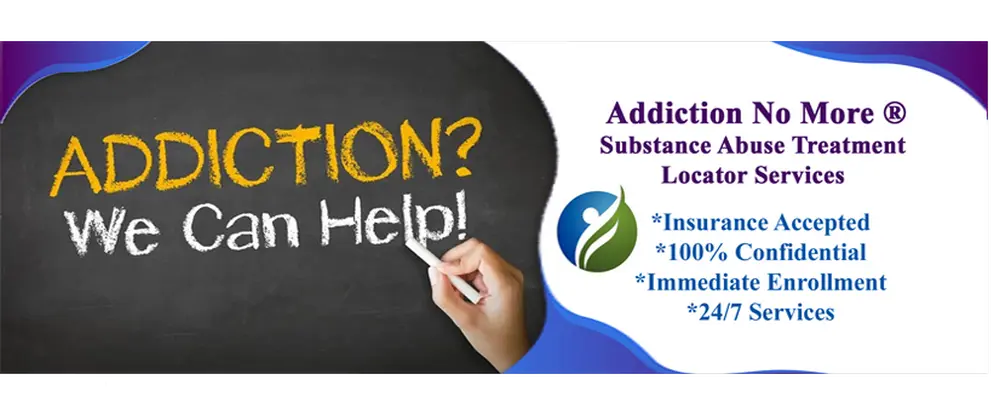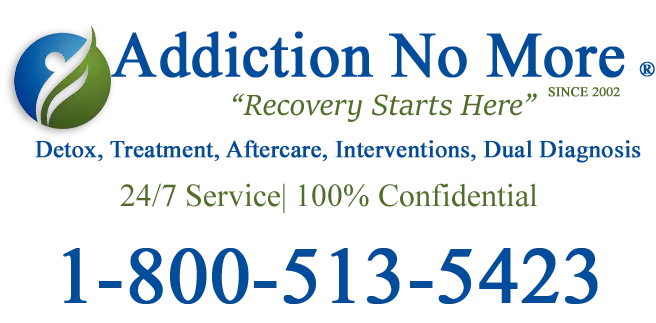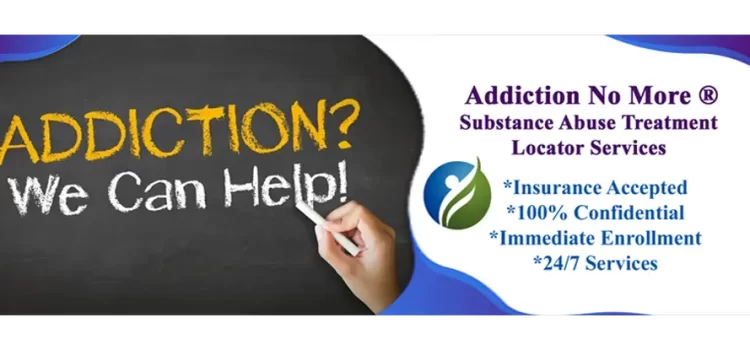Treatment Options
Please contact us by phone for immediate assistance. This is a necessary step in beginning the recovery process for yourself or a loved one. Our addiction treatment specialists and staff have over 25 years of experience in helping people find effective and affordable treatment for all addictions. What you tell us is completely confidential. We are HIPAA compliant. We are here to answer your questions and to get you (or a loved one) into treatment today. For immediate intake, call us now.
1-800-513-5423
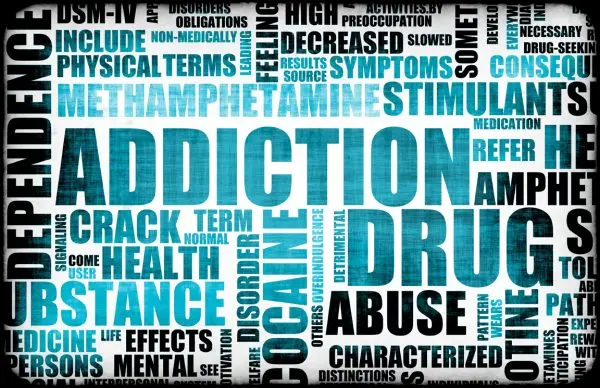
Types of Therapy Options
Acupuncture is known for its therapeutic effectiveness in treating addiction and other mental health disorders. The use of acupuncture in certain meridians is believed to improve your energy flow or qi by opening stagnant or blocked lines.Through biofeedback, the brain can repair itself and potentially heal itself by returning to a healthy state. Neurofeedback can help clients understand how the brain works and teach them how to control it to get the desired outcomes. During biofeedback, the practitioner places electronic sensors on the patient’s skin. These sensors are hard-wired to a medical device, an EEG, that gives medical professionals feedback on patients’ bio signs. Biofeedback is done with pulsating sounds and or flashes of light. The way the patient responds to the messages given informs the patient how they can learn to incorporate relaxation exercises to control how their body responds to stressful situations like withdrawal and cravings.
Exercise is an important component of treatment. While we are amid our addictions, our body undergoes a lot of damage, and it is very important to help the body recover, as well as the mind. Regular exercise can lessen anxiety, depression, and stress. These are common symptoms you might get during recovery that can lead to relapse. Many inpatient substance abuse treatment facilities have on-site gyms or fitness rooms with weight-lifting equipment and a swimming pool. Clients are not required to hit the gym during their recovery. In most cases, physical fitness therapy consists of outdoor activities such as rock climbing, hiking, swimming, or even dancing.
The benefits of massage therapy, when used in treatment, has many benefits to people who are recovering from the adverse effects of substance or alcohol misuse. If you plan on using holistic therapy and treatment options, massage therapy might be something you want to incorporate during your treatment program.
Martial Arts is one of the weapons a person can use to change their lifestyle. Martial arts can help reduce stress and anxiety by encouraging you to practice deep breathing, meditation, and mindfulness. It helps train your mind to keep your attention focused while remaining calm and alert. This can be especially helpful when you’re trying to do multiple tasks that divide your attention.
Meditation has been a valuable tool for holistic recovery programs. It can help people feel calm, reflect on the past, plan for the future, cope with triggers and avoid relapses. Meditation will also help the individual reduce stress, withdrawal symptoms, anxiety, ADHD, and PTSD symptoms.
Pet Therapy For some people, leaving their best friend behind to receive treatment can be very hard. The emotional connection between a human and a pet can have great advantages in the recovery process. When pets are allowed in rehab center programs the benefits to the patient can include lowering stress, depression, loneliness, isolation, and anxiety, making the transition to a rehab center program easier on both the pet and the patient.
Yoga can be used to help people become aware of themselves on both a physical and psychological level. This allows people to take early action, such as improving posture, when discomfort is first noticed. People who study yoga learn to relax and they can use the technique whenever pain appears. Practicing yoga can give chronic pain sufferers useful tools to actively cope with their pain and to help counter their feelings of helplessness and depression.
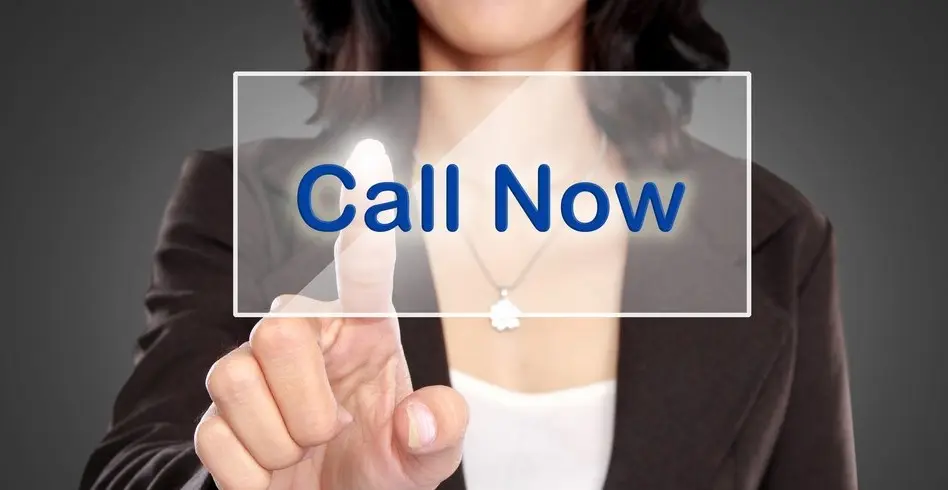
How We Can Help
Drug addiction is not something to be taken lightly. Once a person starts down the path of addiction, the act of taking drugs soon shifts from a voluntary intake of drugs or alcohol to not being in control of the choices to use. The addiction to the drug takes away our choice and lays the path for compulsive drug or alcohol intake. Drugs affect parts of the brain that reward and motivate. This tricks our brains to make us feel better when we use. Locating treatment as quickly and as informed as possible can reduce the risks of serious health problems, relationship problems, financial complications, legal ramifications, or even death. Researching the different types of treatment options available for drug or alcohol addiction can greatly improve your chances of finding the best option to handle your addiction.
1-800-513-5423
Erik Epp – Content Author
